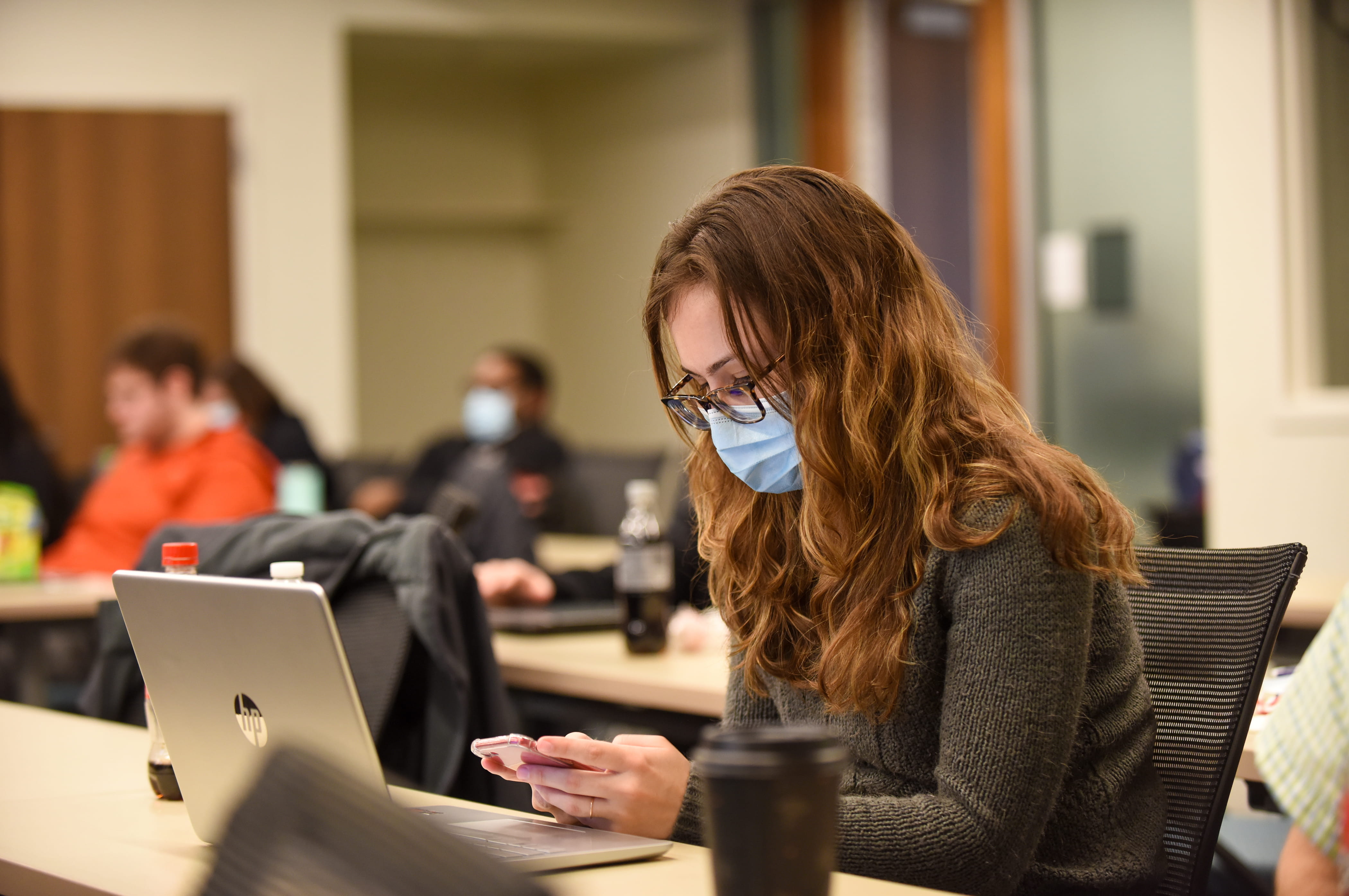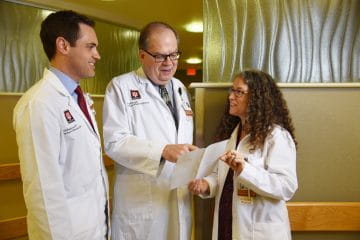The Department of Psychiatry at Indiana University School of Medicine offers a wide range of educational programs for various levels of learners including medical students, neuroscientists, psychiatry residents, psychology interns, and post-doctoral fellows. Programs span from medical school curriculum through postdoctoral training, all of which cover total aspects of child, adolescent and adult psychiatric and psychological care.
1
Psychology Internship
3
Residencies Programs
4
Fellowship Programs
3
Postdoctoral Programs
CME for Providers
The Department of Psychiatry collaborates with the Division of Continuing Medical Education (CME) to provide engaging opportunities for faculty and experts to further their knowledge of psychiatry and behavioral sciences.




